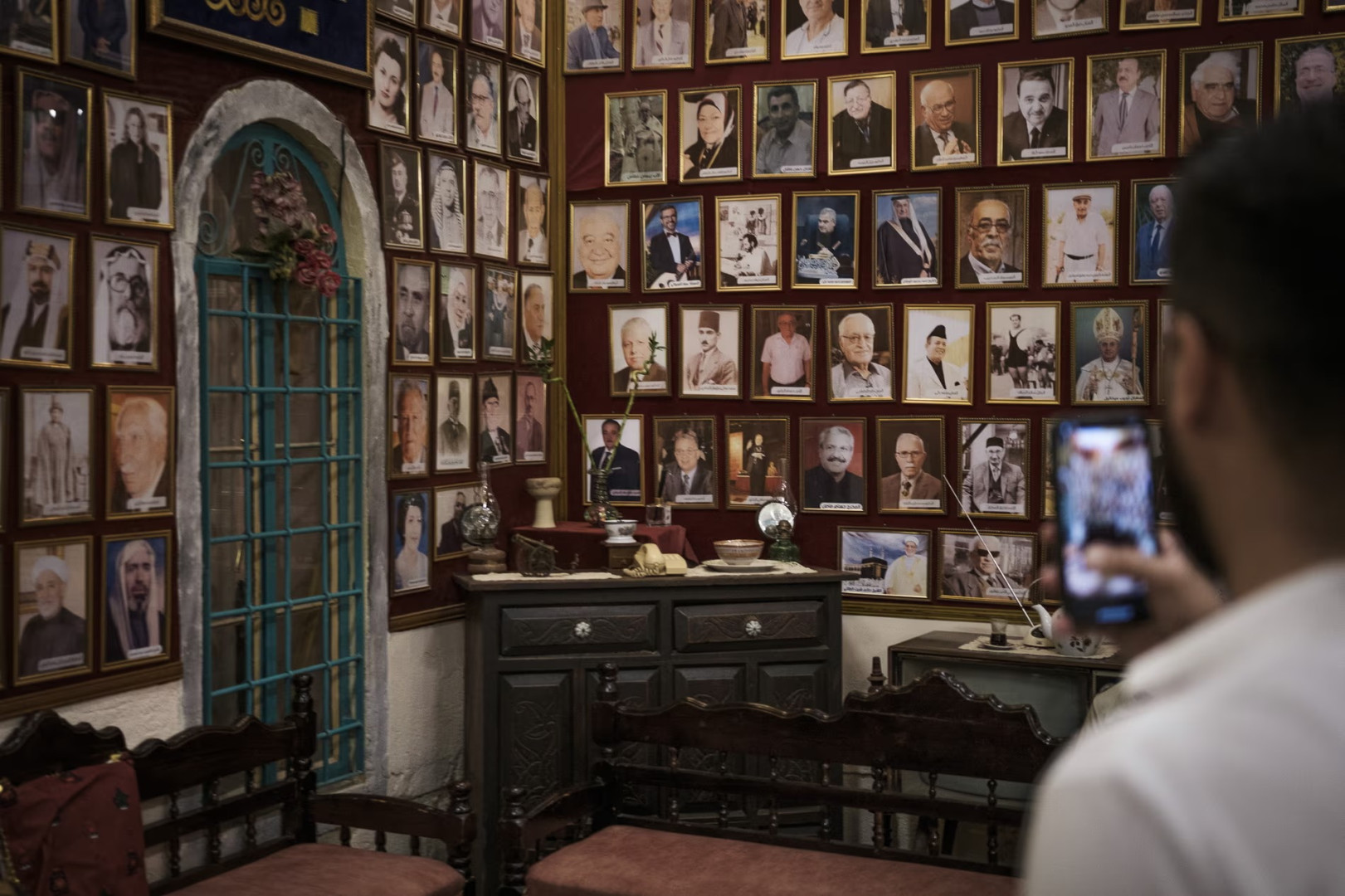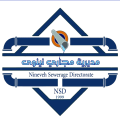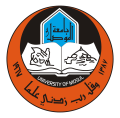The British newspaper “The Guardian” highlighted the efforts of Iraqi intellectuals and artists in the city of Mosul, where ISIS burned 100,000 books when it occupied it, but it is now flourishing artistically and culturally and regaining its “spirit”, which contributes to restoring its social cohesion and returning its old cultural centrality .
The British report indicated that a group of young Iraqis gather daily at sunset in the basement of the Mosul Heritage Foundation to engage in discussions on philosophy and literature. It is the only reading club in the city, inside the old neighborhood that was destroyed by the war on the western bank of the Tigris River .
The report quoted poet Rahma Salah Al-Jubouri (29 years old), who is also a teacher for children with special needs, as saying, “The club allows me and other young people to discuss our ideas out loud without fear of society,” adding, “I like to think out loud, but Iraqi society is very traditional, and it is not easy to talk about our problems or ideas .”
According to the report, Al-Jubouri, like the rest of the club attendees, developed a passion for literature during the three years that ISIS occupied Mosul from 2014 to 2017 .
The report quoted Al-Jubouri as saying that women lost “all our rights under ISIS, as everything was subject to harsh control: our clothing, our ability to work, even the ability to buy phones .”
The report pointed out that Al-Jubouri volunteered during the nine-month battle of Mosul between 2016-2017 to liberate the city, to help evacuate civilians fleeing across the Tigris River to the liberated side of the city .
The report continued that during this period of chaos and destruction, Al-Jubouri found solace in writing poetry at night in her room. The report quoted her as saying, “Seeing these people desperate for help pushed me to continue writing, which became more emotional due to the accumulation of pain and grief .”
The report indicated that Al-Jubouri published her first poetry collection in 2021, entitled “What is Between Us…You,” after her father found her writings and encouraged her to publish them and share them with the world. He added that Al-Jubouri has since presented her literary works at the Mosul Poetry Festival, and has published two other poetry collections, and will publish her fourth poetry collection later this year .
The report discussed another experience represented by Muhammad Al-Arab (30 years old), a writer and government employee, who has been a frequent visitor to the weekly reading club since its inception in 2022, while his interest in literature increased after ISIS occupied the city, noting that Al-Arab published his first romantic novel, entitled “The Last Look, ” in September 2023.
The report quoted Al-Arab as saying that “writers often feed on their pain,” adding that “each one of us has a unique, indescribable story. We were unable to defend ourselves, and this is what pushed us (the youth) to express our deep sorrows and struggles, through writing .”
According to the report, Arabs, like Al-Jabouri, see the club as a space to share their ideas with like-minded people, in keeping with Mosul’s long and rich literary tradition. “We are doing our utmost to preserve the city’s literary heritage so we can pass it on to future generations, ” the report quoted him as saying.
The report stated that Wafaq Ahmed (42 years old), a civil engineer and consultant to UNESCO, founded in 2022 the “Anqa” Cultural Association, which includes a reading club and hosts poetry evenings and exhibitions .
The report continued: The club started with only four members, including Wifaq Ahmed, but now about 30 members attend each session, and sometimes their number can reach 50. According to Mohammed, “More people are interested in literature and the arts now. When I wrote the main goals of the association, I was hoping to reach 50 people, but now we are talking about 500 members .”
The report indicated that under ISIS rule, cultural activities related to literature, arts and sports were banned, and the organization destroyed many cultural sites and works of art, including burning more than 100,000 books and manuscripts in the Mosul Central Library in 2015, as part of a campaign of “cultural cleansing .”
Now, the report quotes Ahmed as saying, “People want the city to rise again, and writing is the simplest weapon people have to save our identity and history, and restore social cohesion,” adding, “We have many people struggling to regain their lives and build new steps for the future .”
But the report noted that it is not limited to the younger generation only in resorting to literature to help the city revive its culture. In this context, it referred to Dr. Walid Al-Sarraf (59 years old), a retired surgeon who has published poetry collections and a novel, as he believes that poets and writers have a role in fighting the darkness of extremism .
“Poetry is important in Mosul, otherwise people wouldn’t understand what happened,” the report quoted Al-Sarraf as saying while at the “Our Home Foundation,” a cultural and artistic center in Mosul. “Poetry goes beyond destroyed buildings and reaches the depths of the human soul. Only the heart can see that, and that is the job of the poet .”
“There is no ISIS anymore, but we are still afraid that they will read what we wrote and kill us,” said Sarraf. “There are sleeper cells. They are more dangerous because you don’t know who they are or when they will come .”
The report also discussed the experience of Muhammad Al-Attar (47 years old), a researcher who calls for the modernization of Islam, and who considers writing to be a form of resistance and healing .
While the report noted that Al-Attar began writing after being kidnapped and tortured in an ISIS prison for 105 days, it quoted him as saying, “I thought these were my last days alive. There were about 60 prisoners, most of whom were killed .”
Al-Attar continued, saying that during his time in ISIS’s grip, he witnessed the genocide of the Yazidis. “I saw how they brought Yazidi women to prison to rape and execute them. Some ISIS fighters paid the militants to get Yazidi women,” he said. “It’s something I will never forget, and writing is my therapy.” He added, “Sometimes, my wife comes into my office and sees me crying while I write .”
The report pointed out that since the liberation of Mosul, Al-Attar has published 3 books in Beirut, and will soon publish his new novel, “The Black Hurricane,” which deals with the struggle of people under the occupation of ISIS .
According to the report, Al-Attar hopes that by writing these stories, future generations will not be drawn into the trap of extremism, explaining, “I want to write the story of Mosul, so that the next generation will know what happened. We did everything we could, and at least we wrote about it.”






